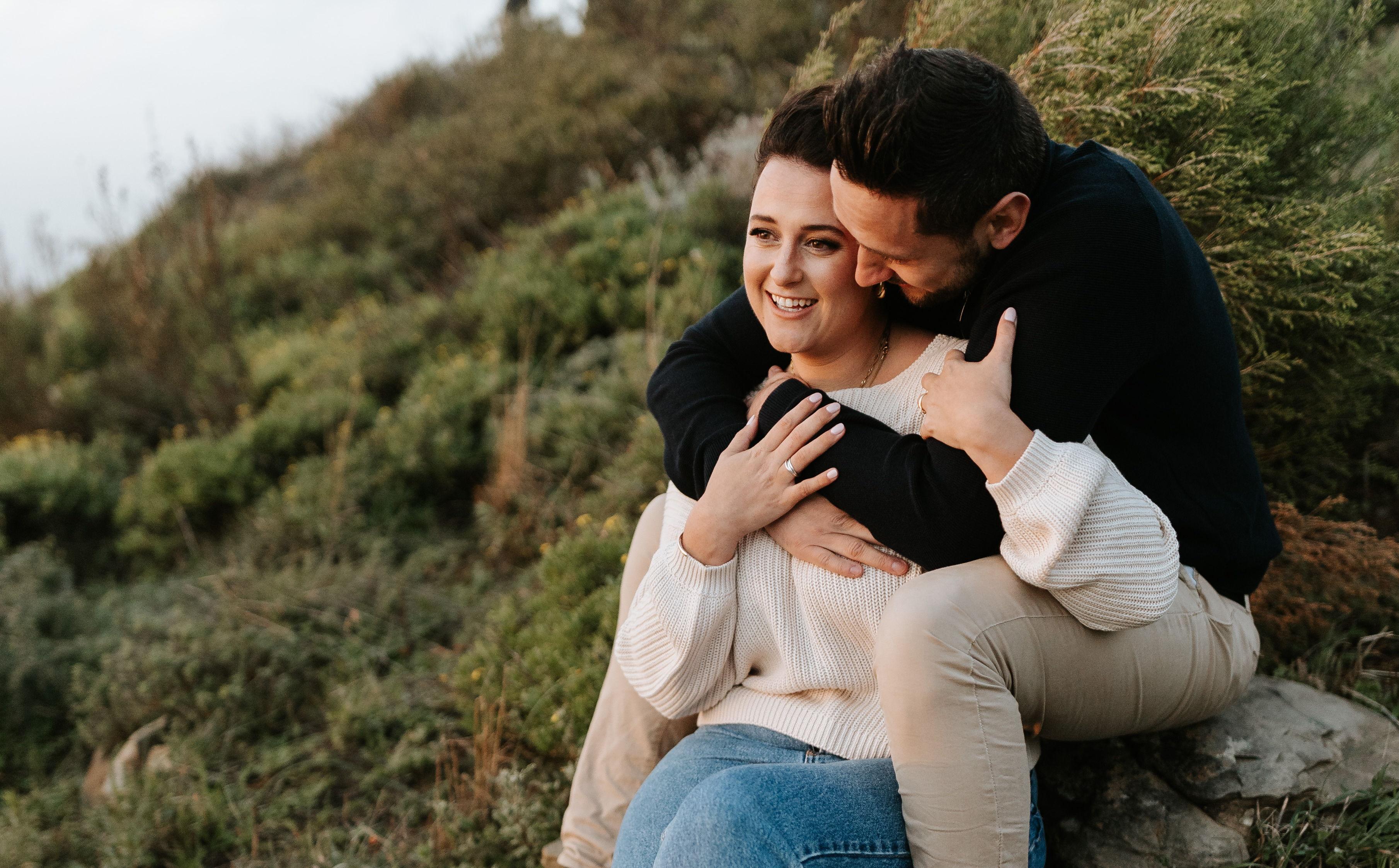Victoria & Martijn
FAQs

Question
General Safety and Travel Tips
Answer
Be Aware of Your Surroundings: Always stay vigilant and keep your belongings secure. Avoid leaving items on tables or in back pockets when in crowded areas. Lock your car doors while driving, and be cautious in unfamiliar neighborhoods. It's also wise to avoid walking alone after dark. Public Transport: Generally not recommended. Use reputable transport services i.e. Uber or rental cars. Travel Insurance: Consider getting travel insurance that covers medical emergencies, theft, and cancellations. Scams: Be aware that internationals can be targeted for scams. Be cautious when approached by strangers. Street Begging: While you can give change or food to those in need, just be cautious; many are just trying to make a living though.
Question
What emergency numbers should I know?
Answer
For any emergency, dial 112 for police, fire, or medical assistance. It's important to save the numbers of your accommodations and local contacts as well.
Question
Are there unique driving rules I should know about?
Answer
South Africans drive on the left-hand side. A valid international driving permit is typically required for car rentals. Speed limits are in kilometers, and it’s essential to observe limits as fines are enforced. Be cautious on the roads, as some people drive by their own set of rules (including taxis/minibuses).
Question
Do I need any vaccinations before traveling to South Africa?
Answer
Most travelers do not require specific vaccinations, but it’s best to be up-to-date on routine vaccines. Check with your healthcare provider a few weeks before departure.
Question
What should I know about safaris?
Answer
When going on a safari, dress in neutral colors to avoid disturbing wildlife. Bring binoculars and a good camera, and follow your guide’s instructions closely. Maintain a safe distance from animals and be prepared for varying weather conditions. When you're at a siting, please make sure that you stay silent and whisper if you need to say anything, to not disturb the wildlife.
Question
Do I need to worry about malaria in South Africa?
Answer
South Africa is predominantly malaria-free, but there are malaria-risk areas in the north. If you're visiting these regions, it's advisable to consult your doctor about antimalarial medication and take precautions like using insect repellent and sleeping under nets.
Question
What about South Africa's currency?
Answer
The local currency is the South African Rand (ZAR). It's advisable to use cash for small purchases, but many places accept (credit) cards. Since exchange rates always fluctuate it's difficult to give a fixed exchange rate so please check this before you leave. Generally, the exchange rate for the Euro is 1 = 19 ZAR and for the Dollar 1 = 17,5 ZAR. Be aware of currency exchange rates, and consider using local ATMs for cash withdrawals to avoid high exchange fees. Be vigilant while drawing out money.
Question
Can I use my phone and SIM card in South Africa?
Answer
International travelers can use roaming services, but this may be costly. We recommend looking into an eSim. Applications to consider for this are Airalo, Holafly, and Nomad. It can be difficult to buy a local SIM card since you more than likely need to provide proof of residence. South Africa has good network coverage in cities and towns, though rural areas may have limited connectivity.
Question
What electrical outlets are used in South Africa?
Answer
South Africa uses Type M electrical outlets. Bring a suitable travel adapter to charge your devices. In some cases, you may be able to use a Type C Euro plug (also known as a 2-pin plug) or a USB charger.
Question
How reliable is the water supply?
Answer
Tap water is safe to drink in major cities like Cape Town, Johannesburg, and Durban, though bottled water is preferred in rural areas. It’s also advisable to conserve water due to occasional droughts, particularly in the Western Cape.
Question
What is load shedding, and how might it affect my trip?
Answer
Load shedding refers to scheduled power outages to reduce demand on the national grid. Many hotels, restaurants, and shops have backup power, but it’s wise to keep charged devices and a flashlight on hand.
Question
What should I know about tipping in South Africa?
Answer
Tipping is customary, usually 10-15% in restaurants if service is good. Tipping is also appreciated by hotel staff, tour guides, and even petrol station attendants (typically R10-20).
Question
What’s the climate like, and what should I pack?
Answer
South Africa has diverse climates. Summers (December to February) are warm, with occasional rain in the east, while winters (June to August) can be cool. Cape Town can get windy in summer, so packing layers and a windbreaker is helpful.
Question
Is South Africa suitable for solo travelers?
Answer
South Africa is welcoming to solo travelers, with many organized tours and backpacking hostels catering to singles. As in any destination, it’s best to take extra precautions in unfamiliar areas and avoid isolated places at night.
Question
What languages are spoken, and will I encounter language barriers?
Answer
South Africa has 11 official languages, with English widely spoken in cities and tourist areas. Learning a few basic greetings in Afrikaans or Zulu can be appreciated, but English will typically be sufficient.
Question
What are the typical business hours?
Answer
Businesses generally operate from 9 a.m. to 5 p.m. Monday through Friday. Some shops and malls stay open on weekends, and markets or grocery stores may have extended hours.
Question
Is bargaining common in South Africa?
Answer
Bargaining is generally acceptable at markets or with street vendors, but it is not common practice in regular stores or restaurants. Be polite, and understand that some prices are already fair, especially for handcrafted goods.